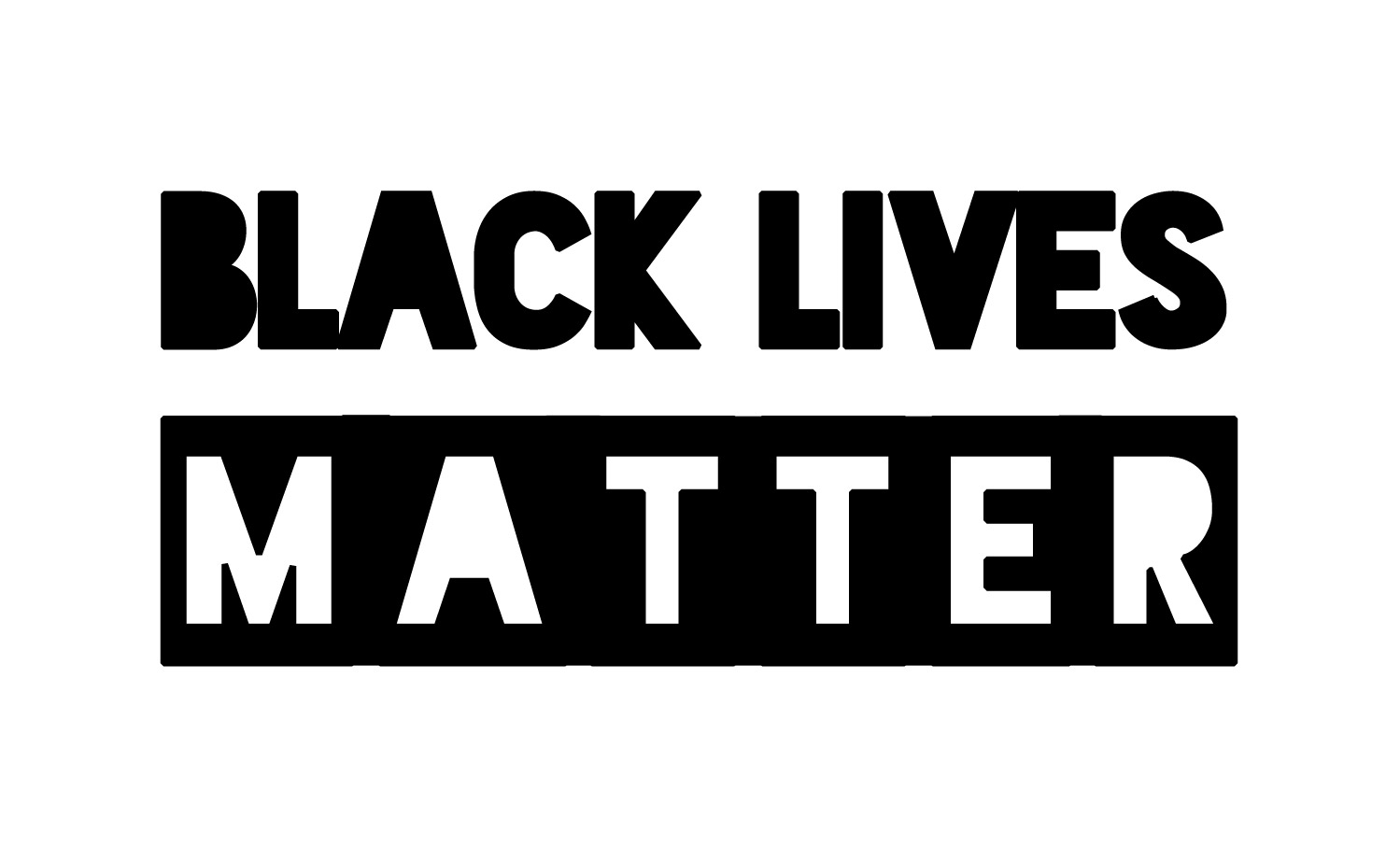To comply with Rule 50 of the International Olympic Committee Olympic Charter (IOC) and maintain the Games’ “political neutrality,” the IOC officially declared two weeks ago that athlete demonstrations would remain prohibited at the Olympics — explicitly on the “field of play,” medal podiums, and official ceremonies.
“No kind of demonstration or political, religious, or racial propaganda is permitted in any Olympic sites, venues, or other areas,” states Rule 50. Similar language can be found in Section 2.2 of the International Paralympic Committee (IPC) Handbook; however, a spokesperson confirmed to POPSUGAR that the IPC Athletes’ Council meets with the IPC Governing Board in late May to discuss guidelines for demonstrations at the Paralympics this summer.
On April 21, the IOC and the IOC Athletes’ Commission announced that 70 percent of the 3,500+ athlete competitors polled thought presentations at the opening and closing ceremonies, as well as during competition, were “inappropriate.” And 67 percent of athletes said they disapproved of podium demonstrations.
The IOC wrote in its announcement that “the respondents were most likely to believe it appropriate for athletes to demonstrate or express their individual views in the media, in press conferences, and in mixed zones.” The Athletes’ Commission recommended that the IOC hold a moment of unity against discrimination during the opening ceremonies and have inclusive messaging expressed in the Olympic Oath, the Olympic Village, and athlete apparel during the Games. While slogans like “Black Lives Matter” were suggested for the athletes’ clothing, the Associated Press reported that slogans like “peace,” “respect,” “solidarity,” “inclusion,” and “equality” will not be authorized.
When POPSUGAR contacted the IOC to confirm the AP’s analysis, the committee did not mention Black Lives Matter by name, instead referring back to the April 21 announcement, which reiterates Rule 50’s general prohibition on “political, religious, or racial propaganda.” The IOC continued, “The Rule strives to ensure that the focus at the Olympic Games remains on athletes’ performances, sport, unity, and universality,” noting that the IOC and the IOC Athletes’ Commission are “fully supportive of freedom of expression.” It reported that athletes would be able to share their opinions during news conferences, media interviews, and team meetings during the Games.
Though the guidelines cited last month did not specifically include protest gestures, the IOC Athletes’ Commission explained in January 2020 that forbidden activities include “gestures of a political nature, like a hand gesture or kneeling.” According to USA Today, violations of Rule 50 at the games will most likely be investigated on a case-by-case basis, with penalties drafted ahead of time.
Athletes competing in the US Olympic and Paralympic trials are permitted to protest peacefully. The US Olympic and Paralympic Committee (USOPC) released participant rules for those wishing to demonstrate during the trials on March 30 of this year. This follows the USOPC’s announcement in December that it will no longer penalize athletes who want to participate in peaceful demonstrations, thus endorsing the efforts of the Team USA Council on Racial and Social Justice to change the IOC and IPC’s long-standing policies.
People can kneel during the national anthem, wear a hat or face mask that says “Black Lives Matter,” “Trans Lives Matter,” or phrases like “equality” and “justice,” talk for equal treatment for poor and underrepresented minorities, and campaign against police brutality, according to the USOPC. Demonstrations that speak “specifically against other people, their dignity, or their rights” will not be tolerated. Hate speech, racial rhetoric, and discriminatory language are examples of this. A demonstration that breaks the rule causes physical damage to others or “physically impedes or discourages Trials or medal ceremony participation by another Participant” is also not permitted.


